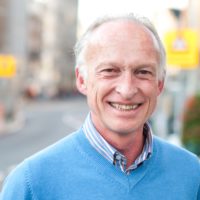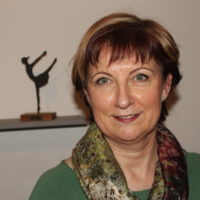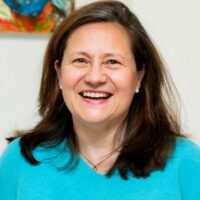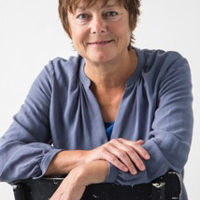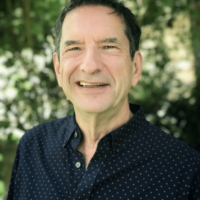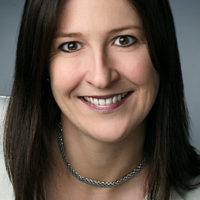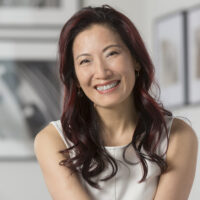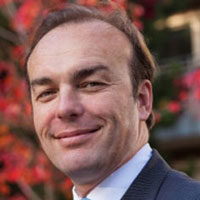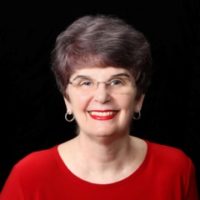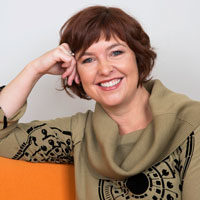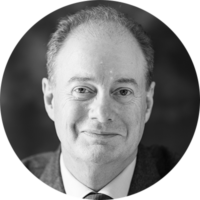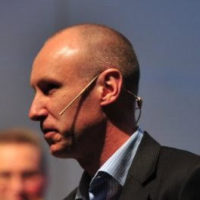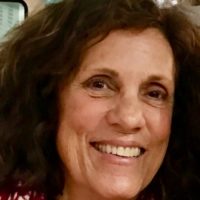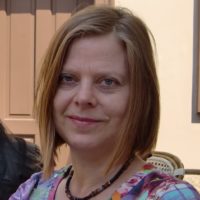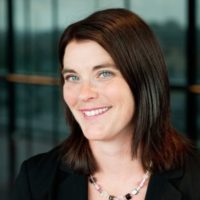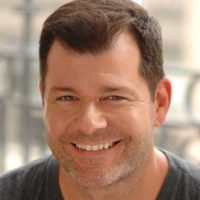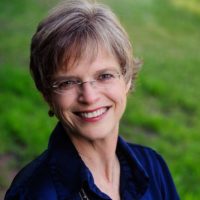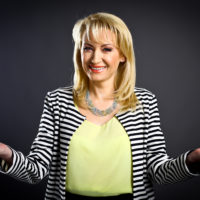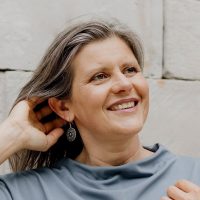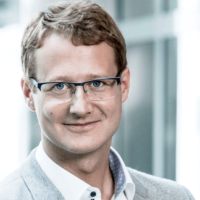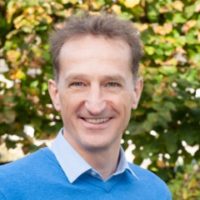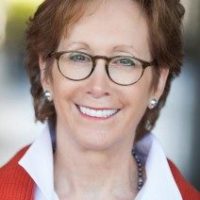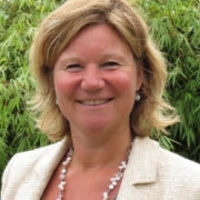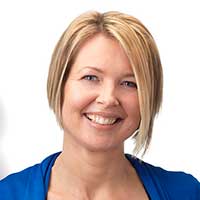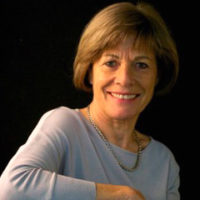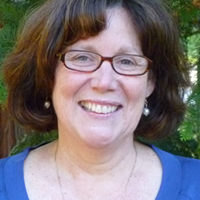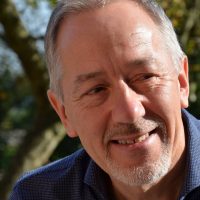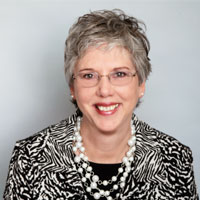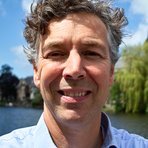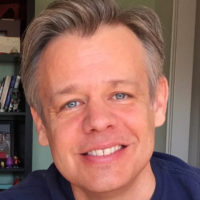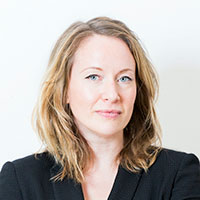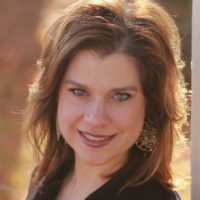After two months of rest and renewal, it is good to be back with you again for the beginning of our 2019-2020 season at the Center for Transformational Presence. My time away this summer brought many gifts. While I have taken time off from teaching, speaking, and coaching before, it was always to work on a book or some other creative project. This was the first time in my professional life that I have completely stepped away from my work for an extended period of time. I come back feeling refreshed and inspired, and with a quieter sense of clarity and purpose for my role in the world in the coming years.
Among the gifts of my sabbatical were two significant learning and discovery experiences. The first came through time spent in the South African bush. Look for an article devoted to that experience in the next few weeks.
The second, and the focus of this article, came during my annual retreat at Chautauqua in western New York.
Chautauqua is an incredible oasis of inspiration, learning, beauty, and rest. It’s been my spiritual home for nearly 50 years. During the second of my two weeks there, I encountered one of the most profound, illuminating, sobering, disturbing, and hopeful lecture and discussion programs I have ever experienced anywhere.
The program theme for the week was “Shifting Global Power.” The theme could not have been more timely and relevant, even though it was chosen more than a year in advance. Among the speakers who made an impact on me in that one week were:
- Robin Wright – American foreign affairs analyst and global news correspondent who has written for most of the major news outlets in the U.S. She is currently a joint fellow of the U.S. Institute of Peace and the Woodrow Wilson International Center and writes for The New Yorker. Throughout her long career, she has reported from more than 140 countries.
- Bill Moyers – celebrated broadcast journalist and documentarian, most recently known for his television journalism on America’s Public Broadcast System
- Kenneth Weinstein – current President and CEO of the Hudson Institute, a conservative American think tank. He spoke primarily about U.S.-China relations.
- Hardy Merriman – President of the International Center on Nonviolent Conflict
- Joi Ito – Director of MIT’s Media Lab
- Heather McGhee – Distinguished Senior Fellow and former President of Demos, a dynamic “think-and-do” tank that powers the movement for a just, inclusive, multiracial democracy
- Bill McKibben – internationally-known environmentalist and Senior Advisor and Co-Founder of 350.org
- Andrew Bacevich – American historian specializing in international relations, foreign policy, and diplomatic and military history; Professor Emeritus of International Relations and History at Boston University School of Global Studies
- Tarana Burke – founder of The “me too.” program in 2006 to help survivors of sexual violence. From her work, the #MeToo movement exploded onto the world stage in 2017.
Three Themes as Guiding Lights For the Way Forward
As I reflect on the week, three themes stand out as guiding lights to help us navigate and make sense of our rapidly changing and unsettled world.
1) We are living in a time of perpetual disruption; it’s not going to stop; we must learn to work with it.
Robin Wright opened the week by making it unquestionably clear that we are living in a time of perpetual disruption, and it’s not going to stop. As the week went on, nearly every speaker reinforced this reality. Furthermore, the consensus was that this perpetual disruption will continue speeding up and intensifying over the coming years.
Therefore, it is critical that we learn to work with the disruption. Fighting against it will not serve us in the long term. Nor will ignoring the disruption and hoping that it will go away. It’s not going away. It’s here to stay for the foreseeable future. Therefore, our best hope is to partner with it and find each next step as we go. In my latest books, I write about this disruption as the Great Breaking Open.
2) We are all in this together. And we are all part of a larger whole.
The second theme is the power of “we.” Robin Wright stressed that we are all in this together. Bill Moyers spoke about the power of “We the people,” highlighting that opening phrase of the Preamble to the United States Constitution. He invited us to shift from a “live and let live” attitude to a “live and help live” approach with one another. He spoke of living in service to something bigger than ourselves – service to Life.
In various ways, many of the speakers emphasized the importance of seeing ourselves – whether as individuals, communities, organizations, or countries – not as singular entities, but rather as parts of a larger whole. They made clear that seeing ourselves as a part of something much bigger, and responding to the bigger context, is the only way that we will survive our current challenges and ultimately thrive.
3) Hope depends on all of us taking responsibility for the healing and new creation of our world.
The third theme is hope – that there is hope for the world if we continue coming together as individuals and as collectives to take responsibility for the healing and new creation of our world. Not to fix it – not to return to some former way of being together. Instead, coming together to listen to the Great Breaking Open and to the greater potentials waiting to unfold. And then, as both individuals and as collectives, to become stewards for the creation and manifestation of a world that works for all.
Unfortunately, mainstream and special interest media tends to only report what isn’t working from their perspective and to feed controversy and further disruption. However, many of the speakers shared stories about extraordinary projects and initiatives that are working, particularly at grass-roots levels. It’s critically important to recognize and acknowledge the many initiatives that are making an enormous impact in the lives of many people. There is a lot happening to help create a world that works.
How the Center for Transformational Presence Fits Into this Picture
At the Center for Transformational Presence, these three themes reinforce our understanding of where we are and what is needed to effectively navigate today’s rapidly changing times. With such looming issues as climate change, the rise of authoritarianism and the retreat of democracy, and global humanitarian issues, we are indeed facing an uncertain future. Nearly every day, there are new wake-up calls.
Yet if we look and listen, there are also encouraging messages about people and organizations who are working to build a better, stronger, more compassionate, and more resilient society – a society where everyone matters. It’s up to each one of us to recognize what we can contribute – how we can each foster wholeness and wellbeing in our world – and do it.
This is the reality of where we are. As we begin our 2019-2020 season of learning and service here at the Center, I am filled with hope and a profound sense that we – all of us together – are finding our way. In the coming year, these three themes will no doubt give additional focus and direction to my writing and to the ever-evolving curriculum of our Transformational Presence programs and services.
Through our graduates and those that I have personally mentored, Transformational Presence is now making an impact in more than 30 countries around the world. Our weekly newsletter now reaches subscribers in more than 75 countries. In the coming year, I will teach and speak in Belgium, Costa Rica, Denmark, the Netherlands, Poland, Sweden, and the U.S. In addition, I’ll be a guest presenter on several web-based learning and development programs hosted by organizations with broad global reach.
As the Transformational Presence approach spreads, our tools and frameworks are increasingly recognized as foundational to the essential skills and capacities needed for conscious leadership and service in today’s world. Our job is to be open to the messages that are trying to get our attention, to listen without judgment, to seek out the truth that is trying to break through, and to say Yes to the service we are asked for.
Many conditions will continue to be messy and uncertain, while some breakthroughs will happen surprisingly quickly. Some approaches will lead to dead ends; others will lead us to new possibilities. Many accomplishments will happen in our lifetimes; others will take longer. We have to keep a Longpath view.
And so, onward. Thank you for being a part of the Transformational Presence community and for the many gifts you are already bringing to the world. Thank you in advance for the next steps you will take. Together, we can do this.
~ ~ ~
If you enjoyed this blog post and found it helpful or inspiring, please share it with your friends on social media by clicking on the icons below. You are also welcome to make a comment below.
You may subscribe to our free weekly newsletter by clicking here.
Related Blog Posts:
- Ari Wallach on Longpath – 3 Ways of Thinking That Can Change How We Approach the Most Challenging Issues of Our Times
- Finding a New Relationship with Hope
- Finding Hope for a Hurting World

